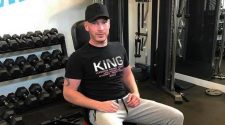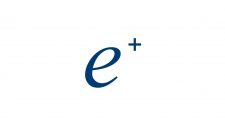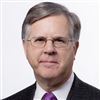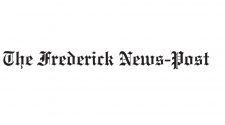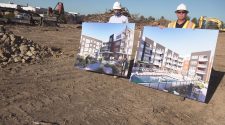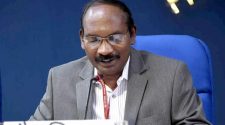Federal prosecutors accused a Florida man Monday of fraudulently obtaining nearly $4 million from the Paycheck Protection Program and using some of the money to buy a Lamborghini sports car.
David T. Hines, 29, of Miami was charged with bank fraud in court documents unsealed Monday.
Federal agents seized the car, valued at $318,000, and $3.4 million from his bank accounts when he was arrested, the Justice Department said.
Court documents said Hines sought $13.5 million in PPP loans through applications on behalf of different companies that included false statements about employee payroll expenses.
“Those purported employees either did not exist or earned a fraction of what Hines claimed in his PPP applications,” according to the charging documents. “Collectively, Hines falsely claimed his companies paid millions of dollars in payroll the first quarter of 2020. State and bank records, however, show little to no payroll expense during this period.”
The bank approved $3.9 million in loans. Within a few days of receiving the money, prosecutors said, Hines bought a 2020 Lamborghini Huracán sports car, which he registered jointly in his name and the name of one of his companies.
But in the following weeks, court documents said, he did not make any payroll payments and instead bought luxury goods and services at Miami retailers and resorts.
Hines appeared briefly Monday before U.S. Chief Magistrate Judge John J. O’Sullivan to be formally notified of the charges. A lawyer appointed to represent him at the hearing did not immediately respond to a request for comment.
The Paycheck Protection Program was enacted as part of the CARES Act coronavirus relief bill, which was passed by Congress and signed by President Donald Trump in March.
The program provides forgivable loans to small businesses that keep their employees on the payroll. Trump last month signed into law a temporary extension of the program.
Phil Helsel contributed.

